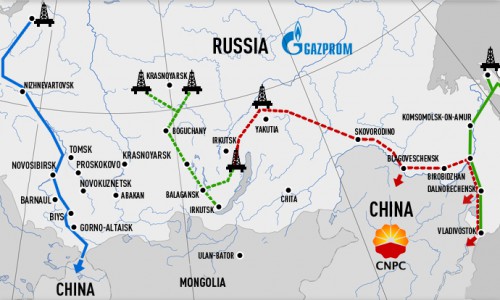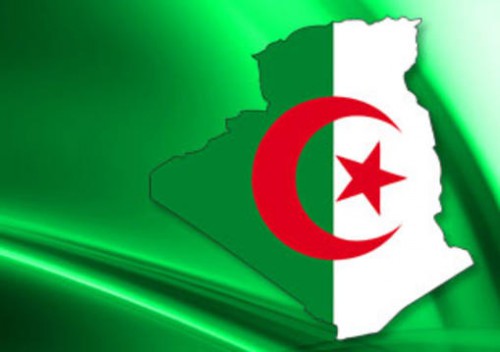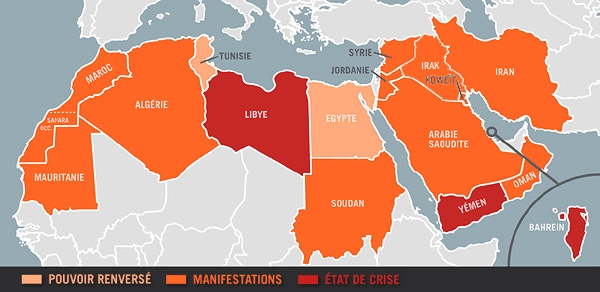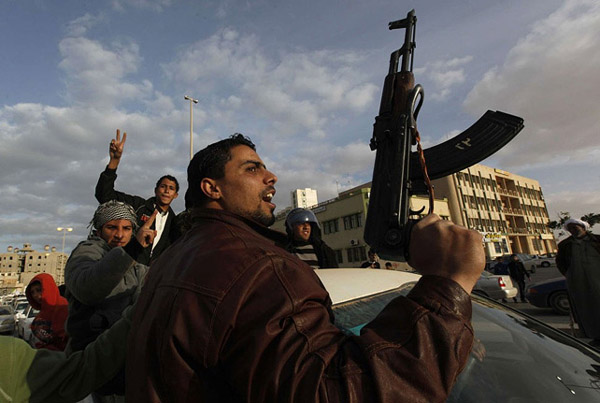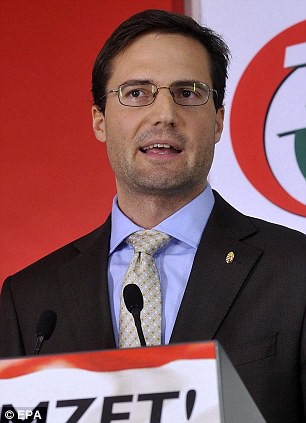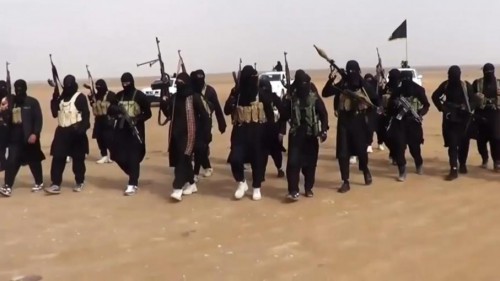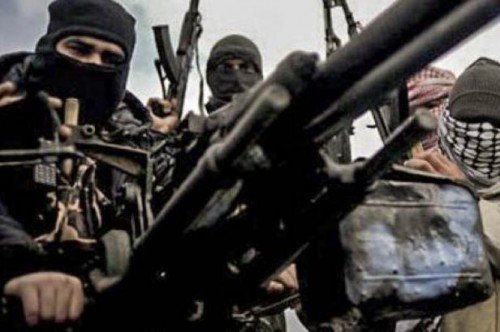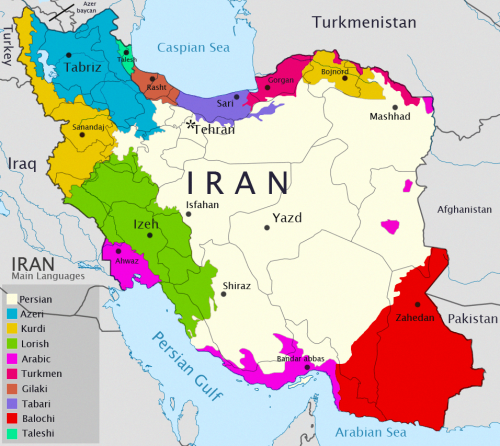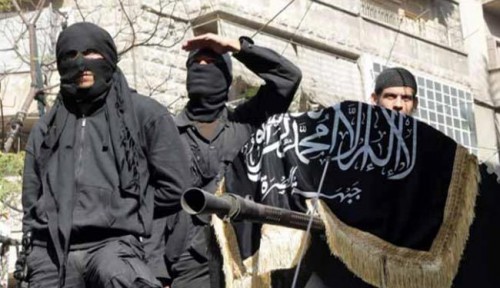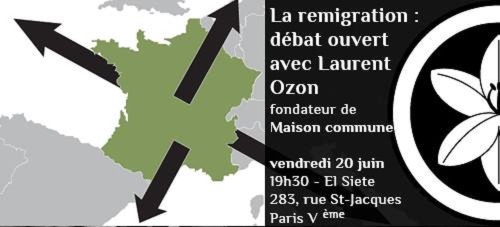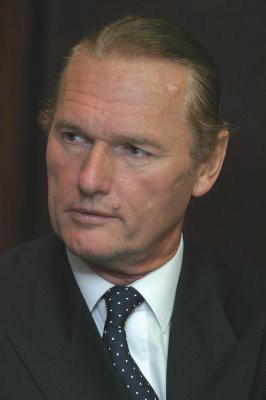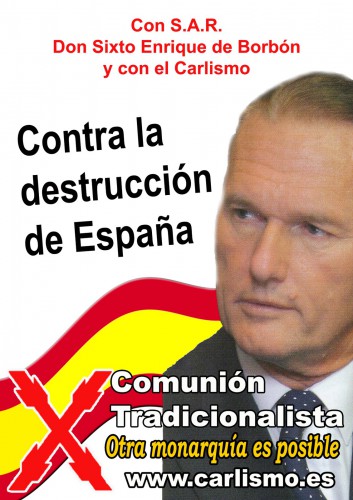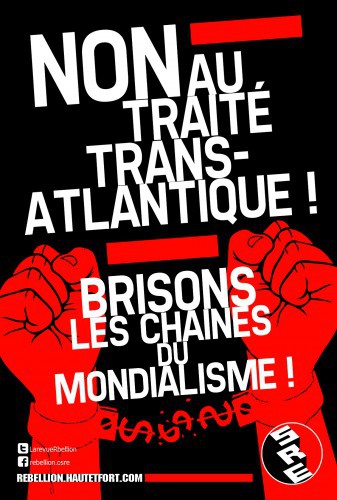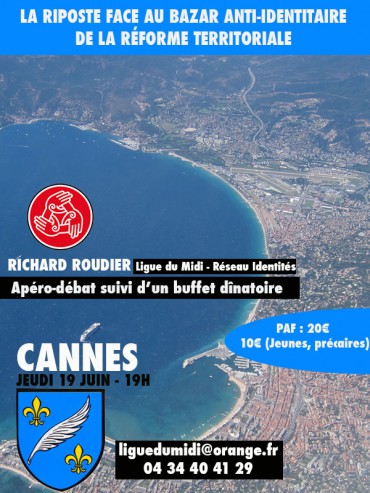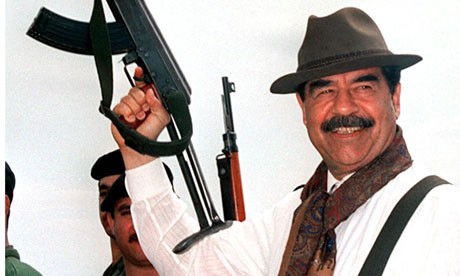
El G77 y la descolonización de la geopolítica
por Rafael Bautista S.
Ex: http://paginatransversal.wordpress.com
Las recientes crisis en Ucrania y Siria manifiestan la compleja transición hacia un mundo sin centro hegemónico único; lo que se está denominando el “incipiente mundo multipolar” (las áreas en disputa manifiestan esta tónica). El siglo XXI amanece con un nuevo mundo emergente que ya no presupone, ni cultural ni civilizatoriamente, la hegemonía occidental.
El “gran relato” neoliberal del “fin de la historia” se hizo pedazos el 11 de septiembre de 2001 y su última cruzada, llamada el “choque de civilizaciones”, es derrotada en Siria y Ucrania. Es decir, el fenómeno de la colonización, consustancial al mundo moderno, empieza a desmoronarse en el nuevo siglo. Incluso las nuevas potencias emergentes, si optaran por asegurarse áreas de influencia, ya no podrían hacerlo según las prerrogativas que adoptaron las potencias occidentales cuando se repartieron el África y el Oriente. La sobrevivencia de un mundo multipolar pende del siguiente detalle: los términos en que se expresen las alianzas geopolíticas sólo podrían cimentarse en una cooperación mutua y estratégica y ya no en exclusivas relaciones de dominación.
Las últimas bravuconadas que Occidente despliega bélicamente no hacen sino mostrarnos su decadencia profunda. Ya no pudo invadir Siria, y eso le está costando, no sólo credibilidad sino, sobre todo, la desconfianza en su capacidad militar. Incluso podría decirse que el 3 de septiembre de 2013 se evitó la tercera guerra mundial, cuando el sistema de defensa aéreo ruso S300-PS, desde la base de Tartus, en Siria, intercepta y destruye misiles tomahowks (lanzados desde la base gringa de Rota, en la bahía de Cádiz), que tenían como destino Damasco. Desde entonces queda demostrado que los rusos han recuperado su importancia militar; lo cual equilibra un mundo que había sido capturado por USA (según Ehud Barack, exministro de asuntos militares de Israel, eso debilita a USA en todo el mundo). Desde el triunfo de Rusia ante Georgia, por Osetia del Sur, el 2008, puede decirse que la geopolítica del siglo XX ha sido dislocada en favor de una nueva reconfiguración planetaria.
En Ucrania termina de rematarse la cosa, puesto que la injerencia occidental, comandada por USA, no hace sino, para su propia desgracia, acercar aún más a China y Rusia, lo cual significa, en lo venidero, el viraje definitivo de la economía mundial hacia el Oriente. El último acuerdo monumental entre Rusia y China (cuyo comercio bilateral alcanzará, para el 2020, los 200.000 millones de dólares), no sólo ratifica la hegemonía de una Eurasia oriental, en torno a la restauración comercial de la “ruta de la seda”, sino hasta posibilita que China se expanda hacia Occidente (los más que probables ejercicios militares conjuntos entre Rusia y China en pleno Mar Negro). Ni USA ni Europa tienen la musculatura, ni económica ni militar, para hacer valer sus sanciones económicas a una Rusia que, aliada de China, ya no tiene necesidad de supeditarse a un Occidente en plena decadencia.
El mundo y su cartografía geopolítica, tal cual había sido concebida por las potencias occidentales, desde el siglo XIX, está feneciendo. Esto quiere decir que la disposición centro-periferia, pertinente al mundo moderno, ya no tiene sentido. Como tampoco tiene sentido, frente a la crisis climática y energética, un sistema económico que sólo sabe administrar el despojo sistemático de vida (humanidad y naturaleza) en favor de los fetiches del mundo moderno: el capital y el mercado. La crisis es civilizatoria y sólo puede ser comprendida, en su verdadera magnitud, desde una perspectiva multidimensional.
Esto quiere decir que, tampoco las ciencias modernas, en su crisis epistemológica, estarían a la altura de dar razón de la crisis. Si todas parten de los mitos y prejuicios modernos, ¿cómo podrían auscultar una crisis que la originan estos mismos mitos y prejuicios? La crisis actual manifiesta una rebelión de los límites mismos de un mundo que es finito; pero la ciencia moderna, la economía capitalista y el mismo paradigma del desarrollo, suponen recursos de aprovechamiento infinitos como presupuesto de un progreso también infinito.
Este presupuesto da origen a la sociedad moderna. Pero es un presupuesto falso, porque los recursos no son infinitos. Ni la naturaleza ni el trabajo humano pueden garantizar un progreso sin fin. Un crecimiento sin límites es una pura ilusión trascendental. Por eso el mundo moderno se halla en la peor de sus encrucijadas; pues si su economía se basa en el crecimiento económico, este crecimiento supone el aprovechamiento desmedido de energía fósil. Sin energía se hace imposible crecer. Crecer para el primer mundo significa aumentar su consumo de energía; pero si añadimos a esto que el mito moderno de los países ricos es crecer indefinidamente, fieles al modelo de desarrollo y progreso infinito, resulta que su propia forma de vida, basada en el crecimiento infinito, ya no puede sostenerse. Entonces, lo que se vislumbra, como consecuencia de esta crisis, es el colapso cultural y civilizatorio de la modernidad occidental. No siendo ya el primer mundo dueño de la energía del planeta (desde el 2003, cuando British Petroleum confirma el fracaso de la guerra de Irak), ya no puede subvencionar su desarrollo con la miseria que genera su economía en el resto del planeta.
La crisis financiera se vincula también a la crisis energética, que es la otra cara de la rebelión de los límites ante las pretensiones ilimitadas de un crecimiento sin fin. Este crecimiento es ya insostenible ante la evidencia del agotamiento paulatino de los recursos energéticos. Lo cual hace más vulnerable la estabilidad a futuro de un dólar que, sin petróleo, no tiene nada que lo sostenga (a no ser sus bombas nucleares). El primer mundo requiere cada vez más energía para crecer económicamente, pero si ya no dispone de energía barata y abundante, todo su complejo industrial y tecnológico se estanca. Entra en crisis. Tanto su producción como su consumo ya no pueden sostenerse. La crisis manifiesta aquello. La crisis climática es la rebelión de los límites: el mundo es finito.
Por eso el mito de la globalización encierra una aporía insoluble: si el mundo es uno, entonces no es infinito. El sistema-mundo-moderno-occidental choca entonces con la fuente de donde emana todo lo que hace posible la vida: la naturaleza es única, lo cual no quiere decir que sea infinita. Única quiere decir vulnerable. Su finitud es constatación de su condición de sujeto. Por eso no puede no tener derechos. Si la vida procede de ella es porque es Madre. Por eso le decimos PachaMama. La extracción indiscriminada que se hace de sus componentes vitales, en torno a una acumulación excesiva de ganancias, hace imposible que pueda reponer lo que se le ha quitado: la sobre-explotación de un recurso conduce a la destrucción paulatina de todo su contexto vital. A esto llamamos extractivismo, prototípico del capitalismo.
La curva geofísica de Hubbert fue diseñada para mostrarnos que todo elemento depletable, como el petróleo, alcanza una cúspide en su explotación, para nunca más superar aquello. Según el World Energy Outlook (informe anual de la Agencia Internacional de Energía del 2010) esta cúspide a nivel mundial ya se habría alcanzado el 2006. Y, si es cierto que la cúspide de todos los hidrocarburos, además del uranio, se daría el 2018, entonces se hace imprescindible una transformación en la base energética; pero los países ricos no responden de modo sensato a esta realidad sino que apuestan por un peligro aún mayor: los agrocombustibles.
Pareciera que los países ricos, al no encontrar salida a su crisis, optan por meterse más en ella. Pues esta supuesta solución a la crisis energética supondría un holocausto alimenticio a nivel global (la subida de los precios de granos y alimentos corrobora una tendencia de carácter especulativo que aprovecha ufano el capital financiero).
La pelea energética es ahorita la tónica de los dislocamientos geopolíticos. Para el imperio es imprescindible la combinación dólar-petróleo. Sin petróleo no puede sostener su infraestructura bélica planetaria. Si tiene el petróleo tiene el control. Entonces la situación en Ucrania y Siria nos lleva también a reflexionar acerca de la amenaza sistemática que ejercen los poderes fácticos en Venezuela. Necesitan del petróleo venezolano para equilibrar su poder ante estas nuevas derrotas en Ucrania y Siria.
USA persigue su soberanía energética recapturando a Latinoamérica. Por eso el TLCAN con México reaviva la “Doctrina Monroe”, por eso lo que sucede en Venezuela forma parte de su estrategia geopolítica ante el ascenso de China y Rusia; las bases militares gringas de Colombia y Perú ya no apuntan sólo a Venezuela sino también a Brasil. No sólo el Orinoco sino el Amazonas son áreas geoestratégicas para restaurar un mundo unipolar (parece que Brasil, aun siendo parte de los BRICS, no se ha anoticiado de esto).
Esta lectura nos sirve para diagnosticar, establecer y determinar el contexto epocal que subyace a la celebración de la “50 reunión cumbre del G77”. Esta cumbre que se realizará en Bolivia es inédita, pues si en sus inicios el G77 sólo coordinaba programas de cooperación en materia de comercio y desarrollo para una mejor integración en el mercado mundial, la nueva reconfiguración geopolítica y geoeconómica actual, sienta las bases para hacer de este grupo un contrapeso a la hegemonía –en decadencia– de los países ricos.
No sólo Bolivia, sino el ALBA y hasta el MERCOSUR, tienen la mejor oportunidad de liderar una transición con perspectiva mundial. Por eso la necesidad de contar, en la actualidad, con una perspectiva geopolítica ya no sólo coyuntural sino acorde con este proceso de transición planetaria. Politizar la cumbre G77 es fundamental para que nuestros países sitúen a nuestra región en el nuevo centro de gravedad de la transición civilizatoria del siglo XXI. Por eso el “vivir bien” y la “descolonización” ya no pueden diluirse en la pura retórica sino consolidarse como el discurso pertinente a un mundo en transición civilizatoria.
El G77 nace dentro del paradigma del desarrollo y en un mundo repartido entre dos potencias. Con la imposición de un mundo unipolar, el grupo no tenía más carácter que el exclusivamente declarativo. Pero con la decadencia del mundo unipolar y el ascenso de los BRICS, nuevos márgenes de acción se presentan para este tipo de grupos (también es el caso de los “no alineados”), pues los mismos organismos internacionales (pertinentes a la hegemonía gringa) se hallan seriamente cuestionados; entonces, ante el declive de unos y el ascenso de otros, el G77 se halla en condiciones nunca antes experimentadas, pues el mundo moderno atraviesa, por vez primera, la ausencia del poder hegemónico occidental, pero a su vez, también se encuentra en medio de una crisis civilizatoria que amenaza a la supervivencia propia del planeta.
En ese contexto, la reunión en Bolivia podría despertar una conciencia global de un necesario cambio de paradigma frente a la decadencia del capitalismo. Sólo una mancomunidad de esfuerzos de los países pobres podría augurar nuevas vías que puedan apostar las economías periféricas, con el fin de desprenderse definitivamente de las prerrogativas de los países ricos (ahora en crisis profundas) y proponerse despegues económicos que ya no busquen una integración subordinada al capital y al mercado globales sino de una reconstrucción de sus propias economías. Este periodo de transición hacia un nuevo sistema económico mundial durará por lo menos un siglo; no se sabe qué adviene pero la economía no puede continuar con las prerrogativas propias del modelo de producción, consumo y acumulación actual.
El ascenso de las potencias emergentes no sólo reequilibran el poder global sino que hace posible descentrar la economía y la política globales. La disposición centro-periferia es lo que ya no puede mantenerse; con el ascenso de los BRICS se reivindican culturas y civilizaciones que el mundo moderno las consideró arcaicas y superadas del todo. India y China vuelven a tener la importancia global anterior a la modernidad. Por eso no es raro que una buena parte de la literatura gringa hable del “choque de civilizaciones”. Occidente se siente amenazada por el despertar de las civilizaciones que supuso atrasadas, lo cual no hace sino desmentir su presunta superioridad civilizatoria.
Para este año China será la primera economía mundial y para el 2020 China superará en lo tecnológico, económico, científico, educativo, etc., a la suma conjunta de Europa y USA. Solo en el índice PISA, que mide el nivel educativo en el mundo, de los 10 primeros puestos, 7 son países asiáticos (hasta Vietnam está por encima de USA). Es decir, la decadencia del primer mundo es ya una cuestión de hecho.
En ese contexto, el primer mundo ya no es más modelo civilizatorio. Y la economía que patrocinó por cinco siglos ya no es más sostenible. Energéticamente el mundo ya no puede seguir el modelo de consumo occidental; a lo cual hay que añadir que las potencias emergentes no son autosuficientes y ya no pueden hablar en los términos colonialistas que lo hacían Europa y USA. La colonización ya no sería posible de reeditarse en el siglo XXI.
Esto quiere decir que, un mundo multipolar, permite pensar una situación mucho más rica y compleja: la ceropolaridad. Este concepto es novedoso en la geopolítica y quiere describir un mundo sin hegemonías concentradas. Pues tampoco las nuevas potencias emergentes, pueden decidir todo sin contar con los afectados; esto significa que ninguna potencia puede ejercer, de modo único, su influencia sobre todos los acontecimientos.
Cuando los poderes hegemónicos retroceden en algo, las soberanías nacionales, aunque mínimas, despiertan a nuevas apuestas; y si estas apuestas se generalizan, entonces tenemos una coyuntura como la actual: un “cambio de época”. Una nueva disposición geopolítica planetaria con ya no un solo centro abre márgenes de acción para los países pobres. Pero estos, de modo aislado, no podrían superar su situación. Sólo la cooperación y las alianzas estratégicas podrían enfrentar, de modo más plausible, la arremetida de los países ricos.
Estas alianzas no pueden prescindir de los BRICS. China recupera el pacífico como centro de la economía global y eso supone también que los flujos comerciales se des-occidentalicen. Junto a la India establecen una nueva geografía de la economía mundial. Por primera vez, después de 500 años, América aparece otra vez al extremo oriente del oriente, mostrando el verdadero sentido y dirección de la civilización humana. Occidente nunca fue la culminación del desarrollo de la civilización humana. Las implicaciones de este tipo de recambios van a tener sus repercusiones hasta en lo cultural.
Aliarse a los BRICS no tendría que significar avalar, o peor, remedar su modelo de crecimiento económico. Pero en una nueva cartografía geopolítica y un nuevo mapa institucional global, nuestros países podrían demandar, en condiciones más favorables, una transformación del modelo productivo y de consumo que ha originado el capitalismo. Por eso necesitamos reafirmar la creación de una nueva arquitectura financiera global. Se dice que nadie, en el contexto global, es independiente del todo; se es independiente en la medida en que se conoce y se aprovecha, en beneficio propio, el grado de dependencia que se tiene.
Una transformación del modelo productivo supone una nueva arquitectura financiera y ésta presupone un nuevo marco jurídico del derecho, nacional e internacional, que le devuelva la soberanía a los pueblos. Cuestionar todo aquello supone también advertir que no es un modelo de desarrollo lo que ha entrado en crisis sino el propio desarrollo; el afán de control y dominio de la naturaleza, reducida a objeto a disposición, es lo que ya no puede sostenerse. La propia concepción que de naturaleza tiene el capitalismo y la modernidad, es lo que hace insostenible todo sistema económico. Por eso, la defensa de “derechos de la Madre tierra”, el “vivir bien”, la “descolonización”, se constituyen en criterios epocales que sostienen una toma de conciencia global; esto es lo que establece, en nuestro caso, un liderazgo nunca antes imaginado y que nos abriría la posibilidad de establecer una agenda mundial.
Los desafíos son grandes, por ejemplo, desafiar al mismo mercado global supone la promoción de sistemas de producción locales y tecnologías ancestrales o la recuperación de economías campesinas comunitarias como base de la soberanía alimentaria. Sólo aquello podría remediar, en un 50%, la emisión de gases de efecto invernadero (que provoca las gran agroindustria). La autosuficiencia alimentaria es parte de la consolidación de alternativas en la economía e, inevitablemente, de la revalorización de las culturas antes despreciadas.
El nivel de agresión y destrucción del proceso de producción capitalista, destaca una invariable en su propia lógica: destruir para producir. En ese sentido, la decadencia del capitalismo arrastra al mundo y a la vida en su conjunto. Las implicancias a futuro de esta decadencia es la que obliga al mundo a proponerse nuevas alternativas. Por eso la respuesta no puede provenir del primer mundo, pues la apuesta de éste es únicamente alterar el rumbo que está adquiriendo el mundo multipolar e impedir definitivamente su consolidación.
En Ucrania, la opción occidental consiste en restaurar el orden hegemónico unipolar; pues la sobrevivencia de Europa misma se encuentra en entredicho. La dependencia del gas ruso le aleja de la esfera gringa y le convierte en una semi-colonia energética de una economía cuyo centro se hace cada vez más oriental. Los dislocamientos geopolíticos de este nuevo siglo hacen resurgir a la región euroasiática como lugar estratégico para controlar y dominar al mundo. Para Occidente es vital recuperar esa zona, pues sus estrategas consideran que Ucrania es la entrada a Eurasia, donde vive el 75% de la población mundial y donde se hallan ¾ partes de toda la energía conocida. Capturando a Ucrania se trata de impedir que la economía se orientalice, pues si Rusia se acerca a China (y a India), Occidente deja de tener la importancia que una vez tuvo y su economía no podría ya reponer su predominio (por eso hasta Alemania juega doble, pues también se acerca a China y Rusia, aunque no renuncia a su pertenencia occidental).
El G77 no puede desatender este nuevo contexto que está alterando por completo el tablero geopolítico mundial. En medio de un incipiente mundo multipolar, la visión que se tenga no puede reducirse a lo meramente local. En un mismo mundo compartido, todo tiene relación con todo. Una nueva lectura del relacionamiento internacional pasa por una actualización geopolítica de un mundo en transición. La narrativa actual es geopolítica, pero no una geopolítica provinciano-imperial sino una geopolítica verdaderamente mundial.
Esto nos posibilita advertir también el carácter ideológico, unilateral y hasta plagado de un provincianismo cultural de los marcos teórico-conceptuales de las relaciones internacionales y la diplomacia, como disciplinas sociales. Estas disciplinas tienen una reducida perspectiva europeo-norteamericana, que justifica un excepcionalismo inadmisible hoy en día. La decisiva dependencia que tienen estas disciplinas de la política exterior norteamericana, delata también una profunda ignorancia de otros mundos culturales y civilizatorios que no pueden ser reducidos a la mirada occidental.
Esto nos lleva a advertir que, si el mundo que viene será multipolar, nuestra geopolítica deberá también, acorde con ese nuevo mundo, tener una visión multidimensional de implicancias globales, o sea, deberemos aprender a ver el mundo desde una perspectiva propia. Si los chinos, hindúes, iraníes y rusos, propician think tanks propios, con perspectivas geopolíticas radicalmente distintas a las de europeos y gringos, no menos debemos realizar en este lado del mundo. El asunto, en definitiva es, o producimos una perspectiva propia de lo que sucede en el mundo o nos contentamos con la perspectiva usual, que es la occidental. De una determinada narración se deduce una determinada posición. Si la narración es la decadente, la moderno-occidental, entonces lo que se deduce es la defensa de los intereses y los valores moderno-occidentales.
El mundo es lo que se interpreta de éste. O descubres el mundo o te lo encubren. La política exterior de nuestros países ha estado siempre constituida a partir de los marcos teórico-conceptuales de la narración geopolítica imperial. Desprenderse de aquello supone producir una nueva narración geopolítica que de nacimiento a un nuevo tipo de relaciones internacionales. Lo usual en teoría de las relaciones internacionales ha sido siempre la lectura abstracta, descontextualizada, sin historia, usando conceptos meramente formales, que ordenaban un pasivo reacomodo a las situaciones impuestas. La geopolítica parecía patrimonio del centro, por eso hasta la izquierda ingenua entendía ésta como una disciplina imperial (sumidos en la lectura hacia adentro olvidaban a menudo el mundo real en el cual se encontraban).
Las lecturas hegemónico-imperiales están en crisis, develando el provincianismo de la visión del centro ante un mundo de ascensos civilizatorios que no logran comprender. Occidente nunca conoció al mundo, por eso mira atónito el ascenso de las potencias emergentes y descubre que no tiene otra cosa que la fuerza bruta para imponerse. El afamado historiador de la Universidad de Yale, Paul Kennedy, sostiene que los asuntos internacionales no andan bien en el mundo político y social y que incluso estarían comenzando a desmoronarse, tanto institucional como discursivamente. Pero este desmoronamiento lo ve como un atentado al “mundo libre”, es decir, no es capaz de ver que se trata del desmoronamiento cultural-civilizatorio de la propia hegemonía occidental, es decir, el llamado “mundo libre”.
La conclusión que este tipo de personajes –muy influyentes en ámbitos de poder– presenta, es que el mundo está desquiciado. Esa visión delata a un centro que ya no sabe leer un nuevo mundo emergente. Para Charles Hill, legendario funcionario del Departamento de Estado, el antiguo orden conocido como el siglo norteamericano, que era parte de la era moderna, parece estar apagándose. Su diagnóstico es revelador, pues señala que la era que viene “ya no será moderna”; pero lo que constituiría una esperanza para el resto del mundo pobre, él lo ve como “nada agradable”.
Por supuesto, desde el imperio no es nada agradable perder su preeminencia; por eso hace bien David Brooks (columnista del New York Times) en señalar que el orden moderno al cual se refiere Hill, es un sistema de Estados que encarnan los dos grandes vicios de las relaciones internacionales: el deseo de dominio expansivo y de eliminación de la diversidad. De ello se puede colegir que las mismas relaciones internacionales no fueron nunca concebidas para un mundo multipolar no occidental. Para el imperio, la geopolítica ha sido la defensa exclusiva de sus intereses, a los cuales llama sus valores. Un mundo multipolar y policéntrico es algo inconcebible para la geopolítica imperial, pero una necesidad a ser pensada en la geopolítica de nuestros países. Por eso tiene sentido hablar de una descolonización de la geopolítica.
La transición civilizatoria no puede ser ciega. Advertir el sentido potencial de una nueva reconfiguración planetaria, sin hegemonía única, permite diseñar una nueva fisonomía global más acorde a una realidad diversa y plural. Por eso la visión provinciana de la geopolítica imperial ya no sirve para interpretar el sentido de la transición. La narrativa geopolítica deberá recuperar las historias negadas y los horizontes culturales olvidados. Si el G77, y Bolivia y los países del ALBA, están a la altura de liderar la transición civilizatoria, lo que lógicamente debería acontecer es la posibilidad de fundar, en el mediano plazo, una nueva “Liga de las Naciones” (como reconocimiento además a sus verdaderos inspiradores: la liga indígena Iroquesa).
Si todas las instituciones mundiales ya no cuentan con legitimidad, pues todas ellas responden a la disposición centro-periferia, prototípica de la hegemonía moderno-occidental, la propia ONU debería desaparecer y dar lugar a una nueva y más democrática organización. El G77 contiene la mayor concentración de países miembros de la ONU, por tanto, su legitimidad es considerable. Un nuevo mundo en ciernes no puede amanecer con instituciones arcaicas.
Fuente: Suramericapress
 Voilà de quoi irriter un peu plus les détracteurs du projet de partenariat transatlantique pour le commerce et l’investissement (TTIP), à l’heure où l’opacité des négociations est plus que jamais montrée du doigt. Outre-Rhin, il a suffit d’un tweet pour mettre le feu aux poudres.
Voilà de quoi irriter un peu plus les détracteurs du projet de partenariat transatlantique pour le commerce et l’investissement (TTIP), à l’heure où l’opacité des négociations est plus que jamais montrée du doigt. Outre-Rhin, il a suffit d’un tweet pour mettre le feu aux poudres.



 del.icio.us
del.icio.us
 Digg
Digg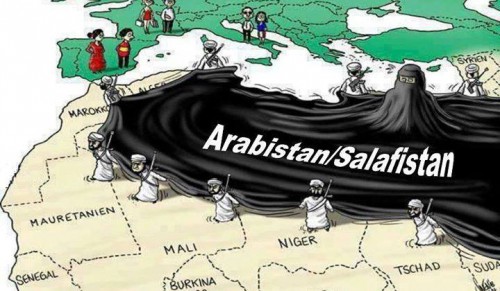



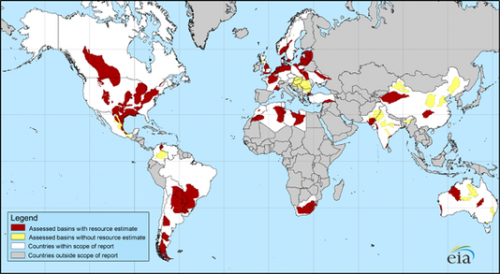
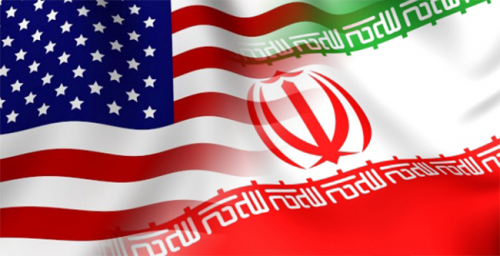

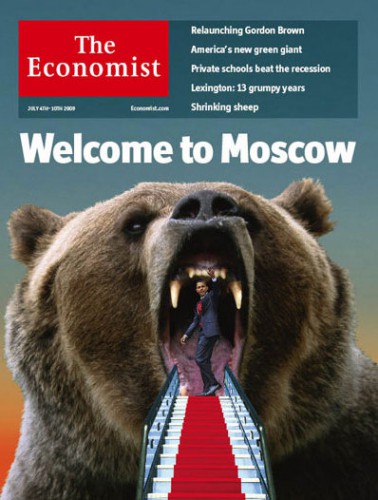 Dans son interview à TF1 et à Europe 1, (4 juin) interrogé par deux journalistes agressifs, Vladimir Poutine, président élu de la Fédération de Russie, a calmement rappelé trois évidences : 1) le budget militaire des USA (Pentagone) est supérieur à la somme de tous les budgets militaires du monde ; 2) les USA, depuis la fin de la Seconde guerre mondiale, sont le pays qui a mené le plus de guerres extérieures, en général dans l’illégalité internationale et sans mandat de l’ONU ; 3) la France a abandonné sa politique gaulliste d’indépendance et de souveraineté vis-à-vis des USA.
Dans son interview à TF1 et à Europe 1, (4 juin) interrogé par deux journalistes agressifs, Vladimir Poutine, président élu de la Fédération de Russie, a calmement rappelé trois évidences : 1) le budget militaire des USA (Pentagone) est supérieur à la somme de tous les budgets militaires du monde ; 2) les USA, depuis la fin de la Seconde guerre mondiale, sont le pays qui a mené le plus de guerres extérieures, en général dans l’illégalité internationale et sans mandat de l’ONU ; 3) la France a abandonné sa politique gaulliste d’indépendance et de souveraineté vis-à-vis des USA.